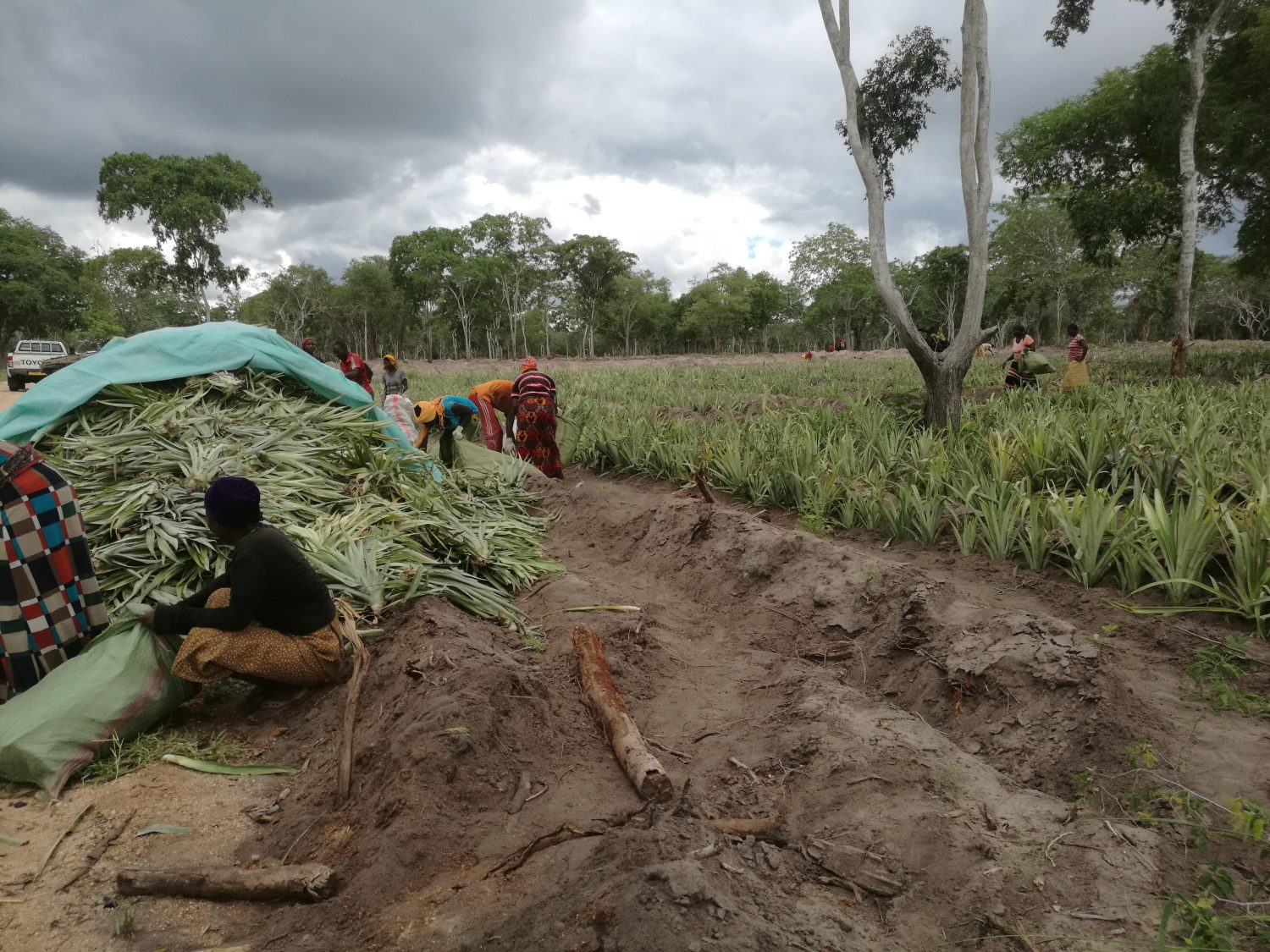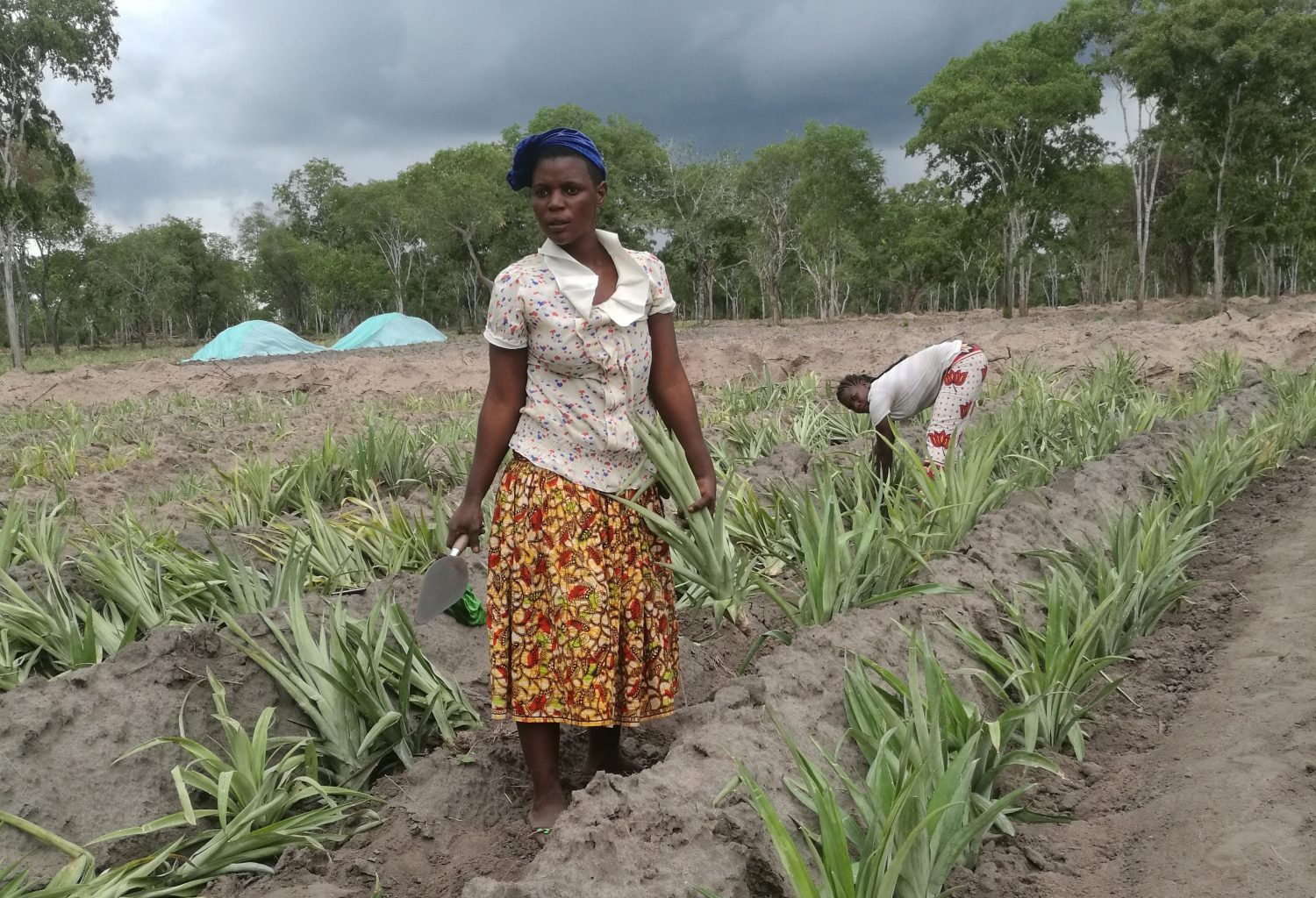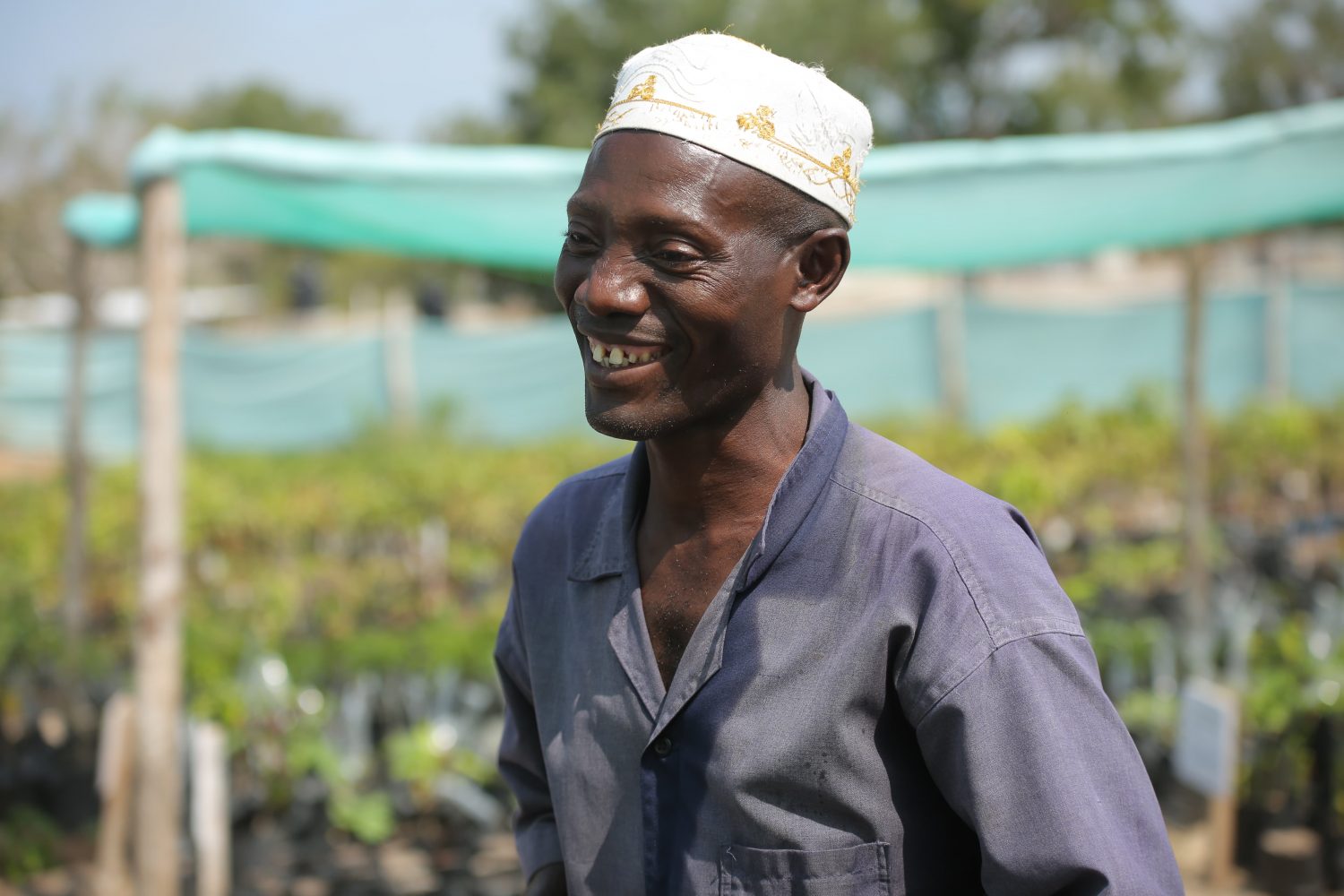African economies continue to be heavily dependent on agriculture. The Agricultural industry in Africa employs 65% of the labor force and accounts for 32% of the continent’s overall GDP. Africa has about 60% of the global total of uncultivated arable land. Most of the cultivated land has low yields and low productivity due to outdated technology and techniques being used.
Agriculture and climate change
Agriculture in Africa continues to be deeply dependent on the weather. Farmers need a mixture of rain, sun, soil and wind conditions in order to produce the food that the rest of the world will increasingly depend on in the years to come. Ask any farmer in Sub- Saharan Africa and they will tell you that the biggest challenge they face today are the risks that come from climate change. The growing cycles of the crop due to the rain and other weather conditions that were once prevalent and predictable are not true anymore. Nothing is predictable based on their historical knowledge anymore except the fact that they might not have enough harvest to survive the year.

Small scale and family owned farms in Africa are particularly vulnerable to climate change as most of their farming practices have historically relied on natural rain fed irrigation. In years when crops have failed due to extreme weather conditions, farmers look for alternative sources of income or survive on the bare minimum until the next harvest season. Family farms occupy about 70-80% of farm land and produce about 80% of the world’s food, validating the fact that problems faced by small scale farmers can have greater repercussions on the overall impact on world food.
Climate change brings with it extreme weather conditions such as: irregular rainfalls, droughts, floods, storms; increased overall temperatures. It also brings with it an array of pests that migrate to newer areas. Some climate sensitive pests see increased lives due to increase in temperature; increasing pest pressure on farms. To combat this ever increasing pressure on farms, farmers are left with few options and end up implementing new practices to compete with more aggressive pests. However, many of the common means of doing so can exacerbate other environmental concerns, like chemical runoff into neighboring bodies of water.
How we can help.
Access to farm inputs, historical data and agricultural training can help improve crop yields. Training that helps farmers understand the short and long term effects of extreme weather on their crops and ways to combat that are important. This is why we have recently started working with small scale farmers to train them in sustainable farming practices, based on our sustainable farming practices. Our knowledge & training in this field is then shared with others in the farming community that we reach out to. Our aim is to help farmers adopt a holistic method of farming which is rooted in respecting the fundamentals of nature, is environment friendly & sustainable.



